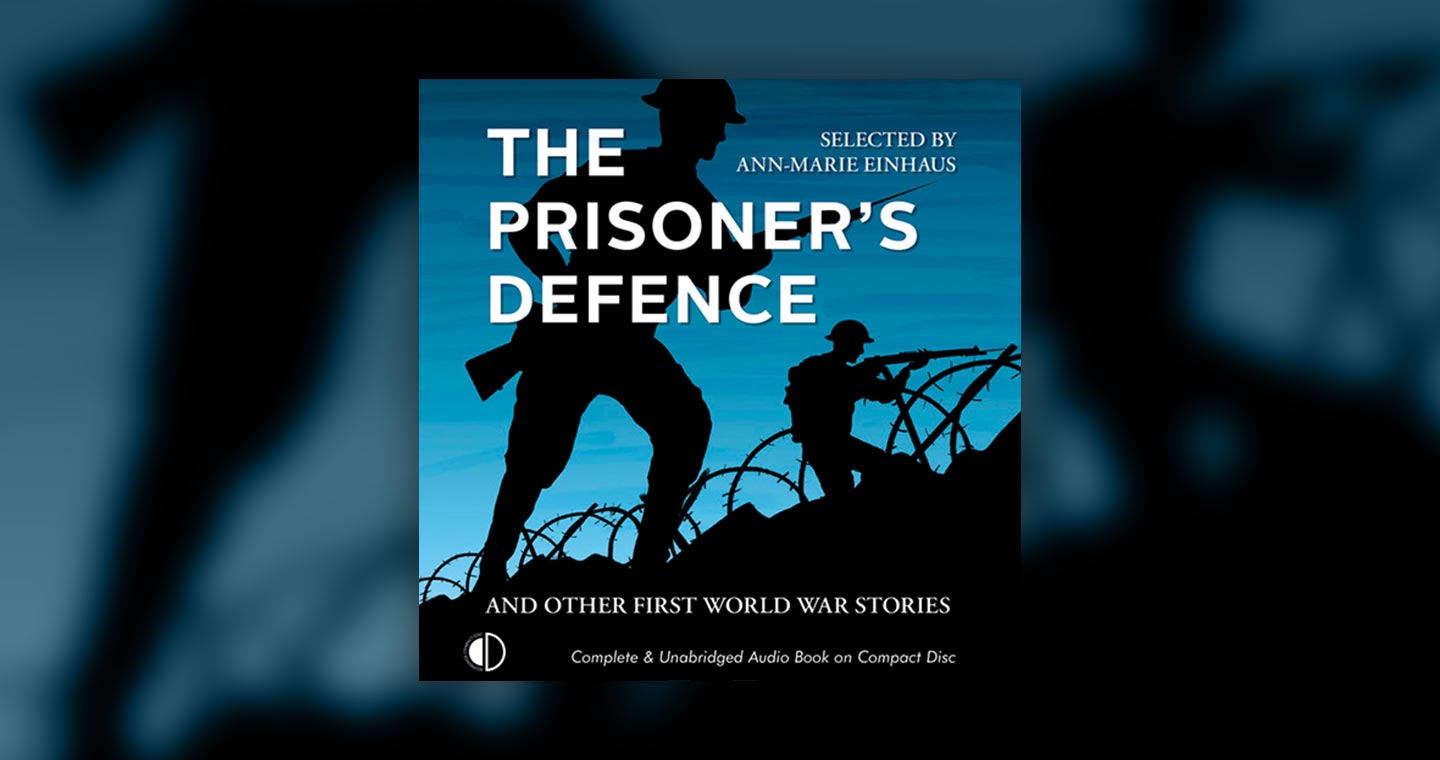Menu

Exploring the short stories of the First World War
November 11, 2023Posted by Daniel Eggleston
The carnage of the First World War was unlike any the world had experienced before and was one well beyond the imaginations of any of those who enlisted. Before 1914, war was believed to be some noble cause, a grand adventure, something to provide excitement and prove your bravery and patriotism to your peers.
Reality proved to be anything but. World War I would become known as the world’s first industrial war, with machine killing, impersonal methods of combat, and near-constant fear of death. New inventions such as machine guns and highly explosive, long-ranged artillery meant that men could be killed by the dozens in moments, often without warning or even knowing what had happened.
With the establishment of trench warfare, new defensive tactics and technologies those at the front would often remain still for long periods. A mixture of long periods of boredom and inactivity struck through with mind-numbing horror created a fertile writing environment for those stuck in the trenches of the western front.
Most of the writing were letters home, with British soldiers at least usually finding themselves in relative proximity to send and receive regular letters. While many used this as an escape from the world around them, countless more found themselves deeply affected by the stark and brutal reality of warfare.
As the timing of the First World War coincided with the heyday of the fiction magazine, the writing of short stories was also prevalent, not only on the front line but at home too. These magazines had a large reach pre-war, and this was only strengthened during wartime. The short story was the perfect medium for wartime as their brevity offered a brief distraction for the reader whilst being relatively easily to publish for the magazines, in a time of increasing paper shortages.
In Ann-Marie Einhaus anthology, The Prisoner’s Defence: And Other First World War Stories, we find a collection of fiction that offers an unparalleled insight into everyday concerns on the home front. The chosen stories illustrate the humour that kept up morale, the impact of war on families and friends at home and the feelings surrounding the war as it progresses. Brought to modern ears for the first time, they provide a striking look into this moment in history.
One of the included stories is The Despatch-Rider by Edgar Wallace. In this short we follow an emancipated and headstrong English ‘flapper’ who is caught up in the war during a motoring tour of France and is reunited with her estranged fiancé when she carries dispatches for the army in an unofficial capacity during the first turbulent weeks of the war.
The Despatch-Rider was the first war story to be featured in Strand Magazine, appearing in the December 1914 issue, and although its content was more of the typical adventure story that was associated with the publication, its featuring of the war, if only to heighten the suspense, is interesting. As the magazine went to press five weeks ahead of publication, the process to featuring war content was a slow one, with the authors at home having to first hear about life on the frontline and then write and submit their work to be published.
Because of this delay there was a rise in submissions from those in active service. As serving officers in the British Army were not permitted to publish under their own names except during their half-pay sabbaticals, many would write under a pseudonym, including Sapper and Bartimeus, both featured in this collection. The former was the name bestowed to H. C. McNeile, by Lord Northcliffe, the owner of the Daily Mail, with Sappers being a commonly used nickname for the Royal Engineers, the unit McNeile belonged to. Bartimeus, originally born Lewis Anselm da Costa Ricci, also chose his nom de plume due to his real-life circumstances, using the name of the blind beggar from the gospel of Mark as his bad eyesight had prevented him from pursuing a full Navy career at sea and instead working in the accounting branch.
With this anthology we rediscover stories featuring famous and lesser-known authors with different experiences of the war we gain an important understanding of life, society, and culture, not only during the war but once it ended.
Listen to a sample here:

